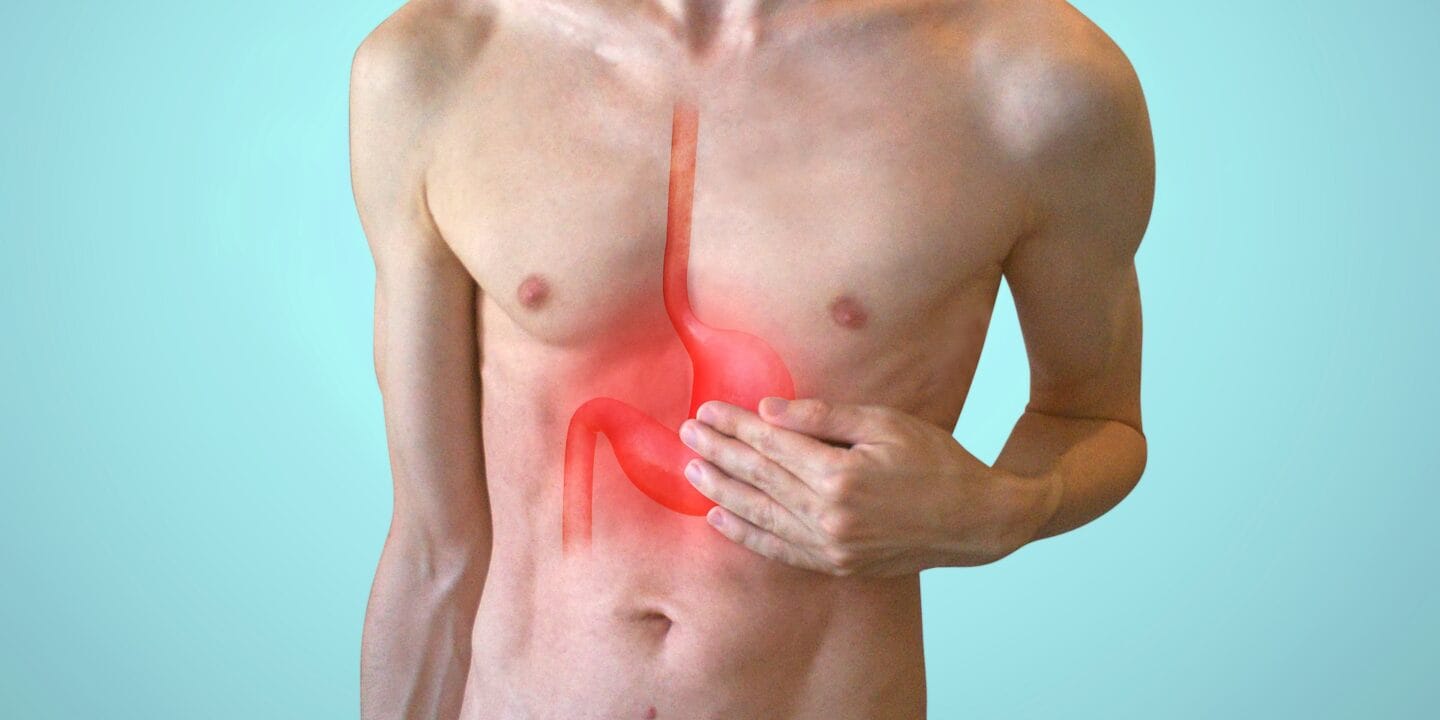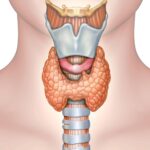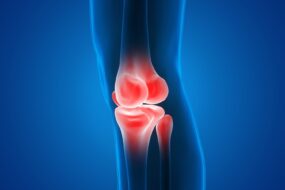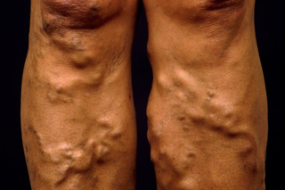
Gastritis is the inflammation of the gastric mucosa, which can be acute or chronic. It may lead to symptoms like abdominal pain, nausea, vomiting, and altered gastric function.
Epidemiology
- Prevalence: Gastritis is common, with estimates suggesting that about 50% of the global population is affected by some form of gastric inflammation at some point in their lives.
- Risk Factors:
- Infectious Agents:
- Helicobacter pylori infection is the most significant and prevalent cause, affecting approximately 50% of the global population.
- Nonsteroidal Anti-Inflammatory Drugs (NSAIDs): Regular use increases the risk of gastritis.
- Alcohol Consumption: Heavy alcohol use can irritate the gastric mucosa.
- Stress: Physical stress from illness or injury and emotional stress can contribute to acute gastritis.
- Autoimmune Conditions: Autoimmune gastritis is associated with pernicious anemia and other autoimmune disorders.
- Infectious Agents:
Classification
- Acute Gastritis: Characterized by a rapid onset of inflammation, often self-limiting.
- Etiology: Commonly caused by infections (e.g., H. pylori), NSAIDs, alcohol, or stress.
- Chronic Gastritis: A long-term condition that can lead to gastric atrophy and other complications.
- Types:
- Chronic Autoimmune Gastritis: Caused by an autoimmune response against gastric parietal cells, leading to decreased intrinsic factor and vitamin B12 deficiency.
- Chronic Atrophic Gastritis: Associated with long-standing H. pylori infection and can progress to gastric cancer.
- Types:
Pathophysiology
Gastritis involves the disruption of the gastric mucosal barrier, leading to inflammation. Key mechanisms include:
- Mucosal Injury: Due to NSAIDs, alcohol, or H. pylori, which damage the epithelial cells and expose underlying tissue.
- Inflammatory Response: Activation of immune cells (neutrophils and macrophages) leads to the release of cytokines and mediators, exacerbating inflammation.
- Gastric Acid Secretion: Altered secretion can result in further mucosal damage, especially in the presence of an irritant.
Clinical Presentation
- Symptoms:
- Epigastric pain or discomfort
- Nausea and vomiting
- Loss of appetite
- Bloating and indigestion
- Hematemesis (in severe cases)
- Melena (if there is significant mucosal damage)
- Signs:
- Tenderness in the epigastric region
- Possible signs of anemia in chronic cases (e.g., pallor, fatigue)
Diagnosis
- History and Physical Examination: Assess risk factors, medication use, and symptoms.
- Laboratory Tests:
- Complete Blood Count (CBC): Look for anemia or leukocytosis.
- Serum Gastrin Levels: Can be elevated in autoimmune gastritis.
- Helicobacter pylori Testing:
- Non-invasive tests: Urea breath test, stool antigen test.
- Invasive tests: Endoscopic biopsy with histological examination or rapid urease testing.
- Endoscopy:
- Direct visualization of the gastric mucosa.
- Biopsy for histological examination to assess the presence of H. pylori and rule out malignancy.
Management
- Eradication of Helicobacter pylori:
- First-Line Therapy: Triple therapy:
- Proton Pump Inhibitor (PPI): Omeprazole 20 mg bid or esomeprazole 40 mg daily.
- Antibiotic: Amoxicillin 1 g bid + clarithromycin 500 mg bid for 14 days.
- Second-Line Therapy: If the first line fails, consider quadruple therapy (PPI, bismuth subsalicylate, tetracycline, metronidazole).
- First-Line Therapy: Triple therapy:
- Symptomatic Relief:
- PPIs: Reduce gastric acid secretion and promote mucosal healing.
- Omeprazole: 20 mg daily for 4–8 weeks.
- Lansoprazole: 30 mg daily.
- Antacids: For immediate symptom relief.
- H2-Receptor Antagonists: Ranitidine 150 mg bid or famotidine 20 mg bid for symptomatic control.
- PPIs: Reduce gastric acid secretion and promote mucosal healing.
- Lifestyle Modifications:
- Dietary Changes: Avoid irritants (spicy foods, caffeine, alcohol, and NSAIDs).
- Stress Management: Implement strategies to reduce psychological stress.
- Management of Chronic Gastritis:
- For autoimmune gastritis, monitor for vitamin B12 deficiency and supplement as needed (e.g., cyanocobalamin 1000 mcg IM monthly).
- Regular follow-up for patients with chronic atrophic gastritis to assess for the risk of gastric cancer.
Complications
- Gastric Ulceration: Chronic gastritis can lead to the development of ulcers.
- Gastric Cancer: Chronic atrophic gastritis is a precursor to gastric malignancy, necessitating monitoring and surveillance.
- Vitamin B12 Deficiency: In autoimmune gastritis, leading to megaloblastic anemia and neurological symptoms.
Prognosis
- Acute Gastritis: Generally good; most cases resolve with appropriate management.
- Chronic Gastritis: Requires ongoing management; the risk of complications such as ulcers and gastric cancer necessitates regular follow-up.












